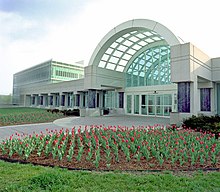How the U.S. Intelligence community is intervening in the 2020 election

What's driving the U.S. intelligence community intervention in presidential politics is not just fear of Trump, but fear of losing control of the presidency. From 1947 to 2017, the CIA and other secret agencies sometimes clashed with presidents, especially Presidents Kennedy, Nixon and Carter. But since the end of the Cold War, under Presidents Clinton, Bush and Obama, the secret agencies had no such problem.
Under Trump, the intelligence community has seen a vast loss of influence. Trump is contemptuous of the CIA's daily briefing. As demonstrated by his pressure campaign on Ukraine, his foreign policies are mostly transactional. Trump is not guided by the policy process or even any consistent doctrine, other than advancing his political and business interests. He's not someone who is interested in doing business with the intelligence community.
The intelligence community fears the rise of Sanders for a different reason. The socialist senator rejects the national security ideology that guided the intelligence community in the Cold War and the war on terror. Sanders' position is increasingly attractive, especially to young voters, and thus increasingly threatening to the former spy chiefs who yearn for a return to the pre-Trump status quo. A Sanders presidency, like a second term for Trump, would thwart that dream. Sanders is not interested in national security business as usual either.
No comments:
Post a Comment